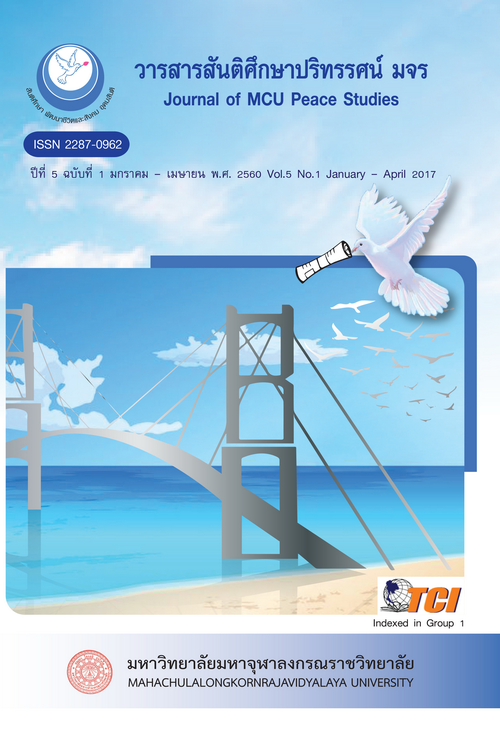Bhutan’s Unique Transition to Democracy and its Challenges
Main Article Content
บทคัดย่อ
There was neither external pressure for democracy in Bhutan nor its subjects demanded for it. Further, there was no attempted coup by dictators and military juntas as some of the countries in the world had experienced. The development of Bhutanese democracy was truly special and unique as it was purely an initiative of the reigning monarchs of Bhutan with devolution and decentralization of power to the citizens by His Majesty the Fourth King Jigme Singye Wangchuck over the course of time. It was a fruit of great efforts and sacrifices, put in by the reigning monarchs for the past several decades for the smooth transition to parliamentary democracy. The democracy was a great gift from the throne. Bhutan became the world's newest and youngest democracy in the spring of 2008. The first-ever multi-party election ended over a century of monarchical rule. Transitions to democracy are often violent and associated with terrible bloodshed elsewhere but Bhutan’s unique way of peaceful transition and in a stable manner makes it incredibly special, drawing an attention of the world. Despite successful transition to democracy, it is never free of challenges and limitations. There are some constraints that require special attention for flourishing vibrant democracy.
Article Details
ทัศนะและความคิดเห็นที่ปรากฏในบทความในวารสาร ถือเป็นความรับผิดชอบของผู้เขียนบทความนั้น และไม่ถือเป็นทัศนะและความรับผิดชอบของกองบรรณาธิการ ยินยอมว่าบทความเป็นลิขสิทธิ์ของวารสาร


